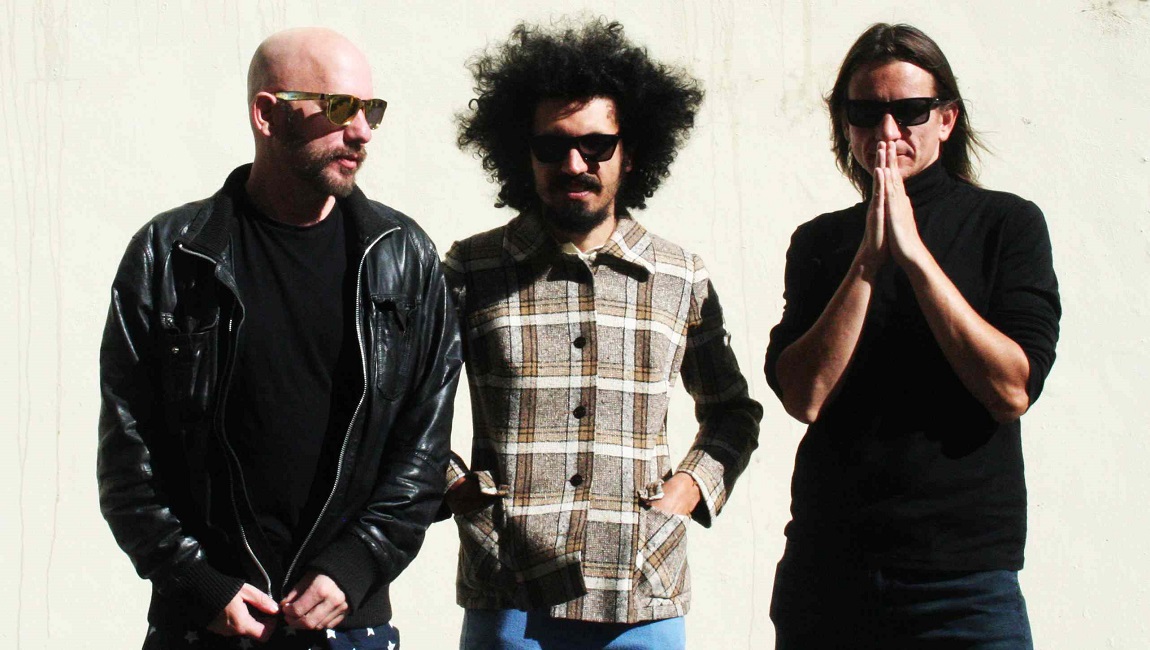Juice WRLD — “the brat of pop music” — released two projects last year, the misogyny-laden, emo-infused, but often sweetly-sung Goodbye & Good Riddance, and the Future-collab WRLD on Drugs. He’s a melodic rapper who completely blew up because of a Sting-plagiarized rap rant (“Lucid Dreams”) with an instrumental that proved a bigger earworm in 2018 than it did in 1993, displaying an undeniable knack for melody — a deadly skill when coupled with his formidable freestyle ability (see: interview with Tim Westwood). It’s not a total exaggeration to say that Juice is a JAY Z-sized talent, given to frequent bursts of musical synergy. Unfortunately, the rapper is also prone to the insipid and uninspired. Take the four songs that close-out Death Race for Love, which all find Juice exhausting his process to the point of Xan’d-out moaning (especially on “She’s the One”). The first two-thirds of this album fare better, though even there an early run of pop-R&B tracks boast little personality (“Demonz” and “Fast” in particular).
The four Mira-produced songs here are instant Juice WRLD classics, summarizing the best of his debut while expanding its sound. Opener “Empty” is nothing but soaring melodies, displaying the lengths Juice will go to develop his vocalizations, from bombastic to sensitive to saccharine to maudlin. And while some clashing and contradicting one-liners don’t add up, they do evoke a mental state overwhelmed with pop culture, mashed-up into a bipolar emotional outpouring. Take “Flaws and Sins,” whose instrumental continually shifts between washed-out acid rock and smooth, sterilized funk, with Juice always matching, and elevating, the changes with his own delivery. Of all the songs here, though, it’s lead single “Robbery” that proves the truest successor to “Lucid Dreams”; it’s a straightforward ballad-rant, with Juice recording multiple takes of bars and letting them pile on top of each other as a deluge of lovesick sentiment. He sounds legitimately drunk before snapping into the anthemic, melodramatic hook, which burns with the emo-pop spirit of the early aughts. “Ring Ring” brings that Sum-41-gazing full-circle with a banger about withdrawal that’s more rock than rap. Finally, Juice’s ability to absorb and imitate pop culture is no better displayed than on “Syphilis,” where he progressively intones Tekashi 69, Ski Mask, XXXtentacion, Smokepurrp, Wifisfuneral, Famous Dex, and Madeintyo all over a Chief Keef-inspired drill instrumental. After the simultaneous Travis-Migos-Uzi bite of “Big,” and the Cudi-Wale recalling “Out My Way,” a question remains, though: Who even is Juice WRLD? The Halsey duet to come isn’t likely to provide much of an answer.
Published as part of What Would Meek Do? | Issue 7







